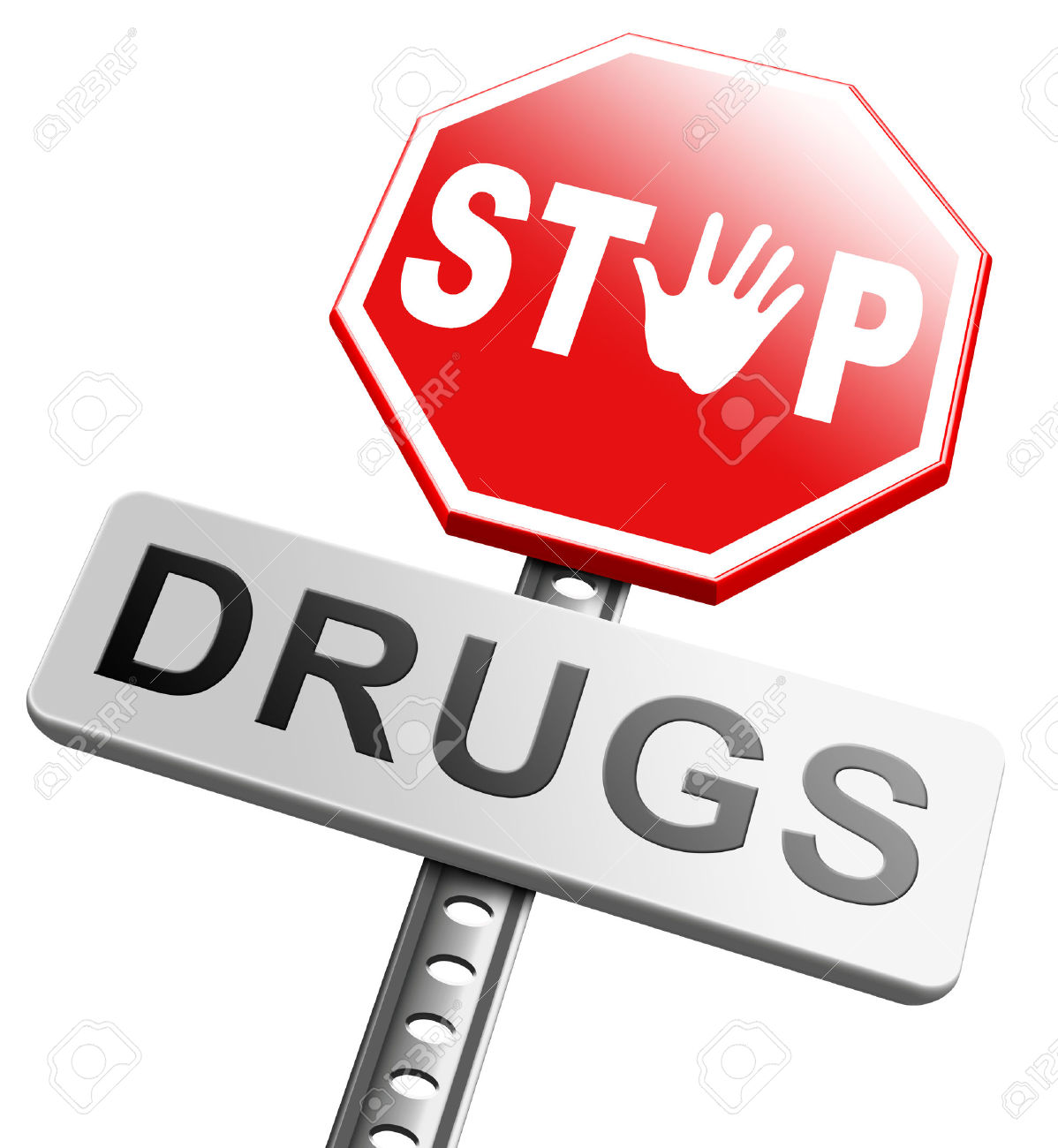Genetic aging and causes of wrinkles

Genetic aging and causes of wrinkles it doesn’t matter whether you are a direct or indirect victim, doctor Dalal Akoury will help you professionally no matter the magnitude of the damage
Genetic aging and causes of wrinkles: Preventing the signs of aging
It is true that genetic factors can lead to fine lines, wrinkles and even deep lines causing skin health deterioration. Many may think that wrinkles only forms in old age this notion is not the correct picture. Wrinkles typically begins as earlier as 20s, it is therefore very important that you start using anti-aging and anti-wrinkle products when you’re younger to prevent the signs of aging and keep your skin youthful-looking. Why we encourage this is because with age the body’s collagen production slows; elastin, the substance that causes skin to be able to get back into place from a furrowed or wrinkled state, begins to lose some of its flexibility and cellular turnover rate decreases. When these changes take place, the skin also gradually loses it ability to battle the harms from UV rays. The combination of these changes cause the skin to sag and looks wavy causing the wrinkles to be more visible.
We appreciate that your genetic makeup can influence to some extent your aging process and frequency, however when we begin using a complete skin care regimen, and adapt a healthy lifestyle, we will be able to effectively address the issues of premature aging. That is why we make emphasis on introducing the anti-wrinkle treatment in the early stages of life. Besides all these it’s a safe bet to take a look at your family primarily to study their aging timelines. If their skin is still smooth at an older age, you likely have a great genetic makeup for younger looking skin. If you do, then it’s about making wise decisions about skin care and lifestyle to preserve the skin that your genes already want to keep looking young.
Genetic aging and causes of wrinkles: Hormonal aging
The hormonal changes that occur before and during menopause have a significant impact on the skin and contribute to the development of lines and wrinkles on the face and body. That’s true for women who aren’t genetically predisposed to the signs of aging and wrinkles early on, as well as for women who use in effective anti-wrinkle skin care regimen. Genetic aging is a serious factor and estrogen is very instrumental in this process. Estrogen is the hormone that encourages and controls collagen production, which keeps the skin firm, soft and supple. During the years that lead up to menopause (the late 20s to the mid-40s), the body continues to produce skin-enhancing estrogen. However, the production at this time decreases significantly. After menopause, collagen production begins to decrease significantly.
When estrogen decreases and a dramatic drop-off in collagen production accompany it, skin can become more fragile and thin with increased wrinkles and sagging. Acne breakouts and facial hair growth may even occur as a result. Because the face has a high concentration of estrogen receptors, skin changes due to hormonal shifts may be the most visible on the face, primarily in the form of deep creases, dull tone and a “crepe-like” texture. Even though menopause is a natural phenomenon and may not be easily avoided, living a healthy lifestyle and using the products that hydrate and strengthen the skin can help minimize its effects. It is therefore very important that when the signs of hormonal aging begin to show up, applying products that hydrate and firm the skin which is specifically formulated to address the signs of Hormonal Aging would be very ideal.
Genetic aging and causes of wrinkles: Preventing the signs of aging
http://regenerativepotential.com/wp-admin







 The nitty gritty about our friend sometimes foe called Cortisol
The nitty gritty about our friend sometimes foe called Cortisol

 Stress Management – Happy Halloween!
Stress Management – Happy Halloween!
 What stress does to the body
What stress does to the body Everything You Wanted to Know about Stress!!!!
Everything You Wanted to Know about Stress!!!! natural sleep: Integrative Therapeutics Cortisol Manager, 90-Count
natural sleep: Integrative Therapeutics Cortisol Manager, 90-Count